Joseph Ratzinger Benedict the XVIth: Selected Works
Joseph Ratzinger Benedict al XVI-lea: Scrieri alese
Keywords: Joseph Ratzinger; Benedict the XVIth; Selected Works
Book review
More...Keywords: Joseph Ratzinger; Benedict the XVIth; Selected Works
Book review
More...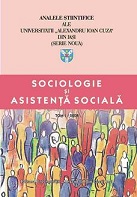
Keywords: Welfare state; hospitality; migration; urban marginality; stigma; social control; resilience and participant observation
This article offers an excursion into the situation of migrants who share hope and precariousness in an open-air squat inner city of Lausanne, Switzerland. Whereas the countdown of their ejection islaunched,they manage to survive by making dilapidated shedsmore comfortable and finding help beside committed people and voluntary welfare organizations. Participant observation offers the opportunity of seeing mechanisms of stigma and marginalization on the one side, determining factors of resilience on the other side . It contributes to the examination of the meanings by which the welfare state regulates social control of impoverished migrants and conditions of hospitality.
More...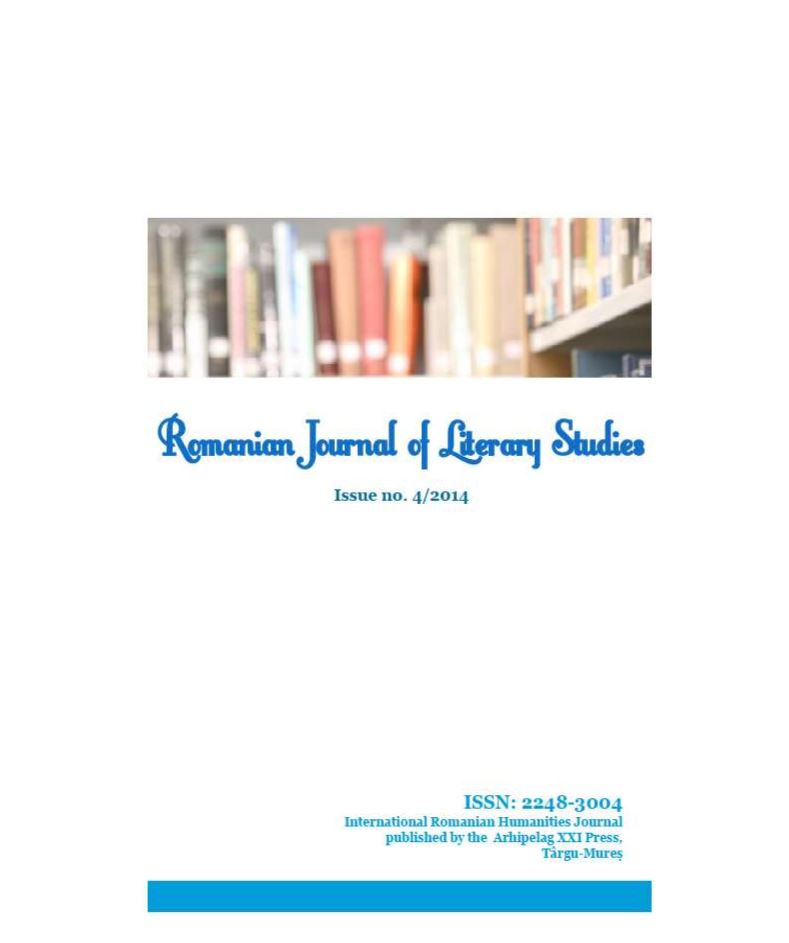
Keywords: Poe; Romania; Maiorescu; Eminescu; Calinescu;
Edgar Allan Poe’s first known text in Romanian is The Pit and the Pendulum, translated anonymously in 1861, under the title Puţul şi pendula. Following a slow start, versions of the American author’s works began to appear extensively in the Romanian press of the Regat (the Romanian Old Kingdom), as well as in publications in Transylvania and in Banat. Great Romanian writers would practice their talent in translating Poe, including Eminescu and Macedonski, but particularly I. L. Caragiale. At the time, the most widespread language in the artistic and political elite in Romania was French (in the Regat, because in Transylvania and in Banat it was the German language). This explains why E. A. Poe became known in Romanian by translating editions belonging to the great French authors. The critic Titu Maiorescu would also use these French sources when he would discuss, in 1867, Poe’s concepts on poetry and on art in general. Poe also met with remarkable success in Romania during the communist era, when quality editions of his work were published.
More...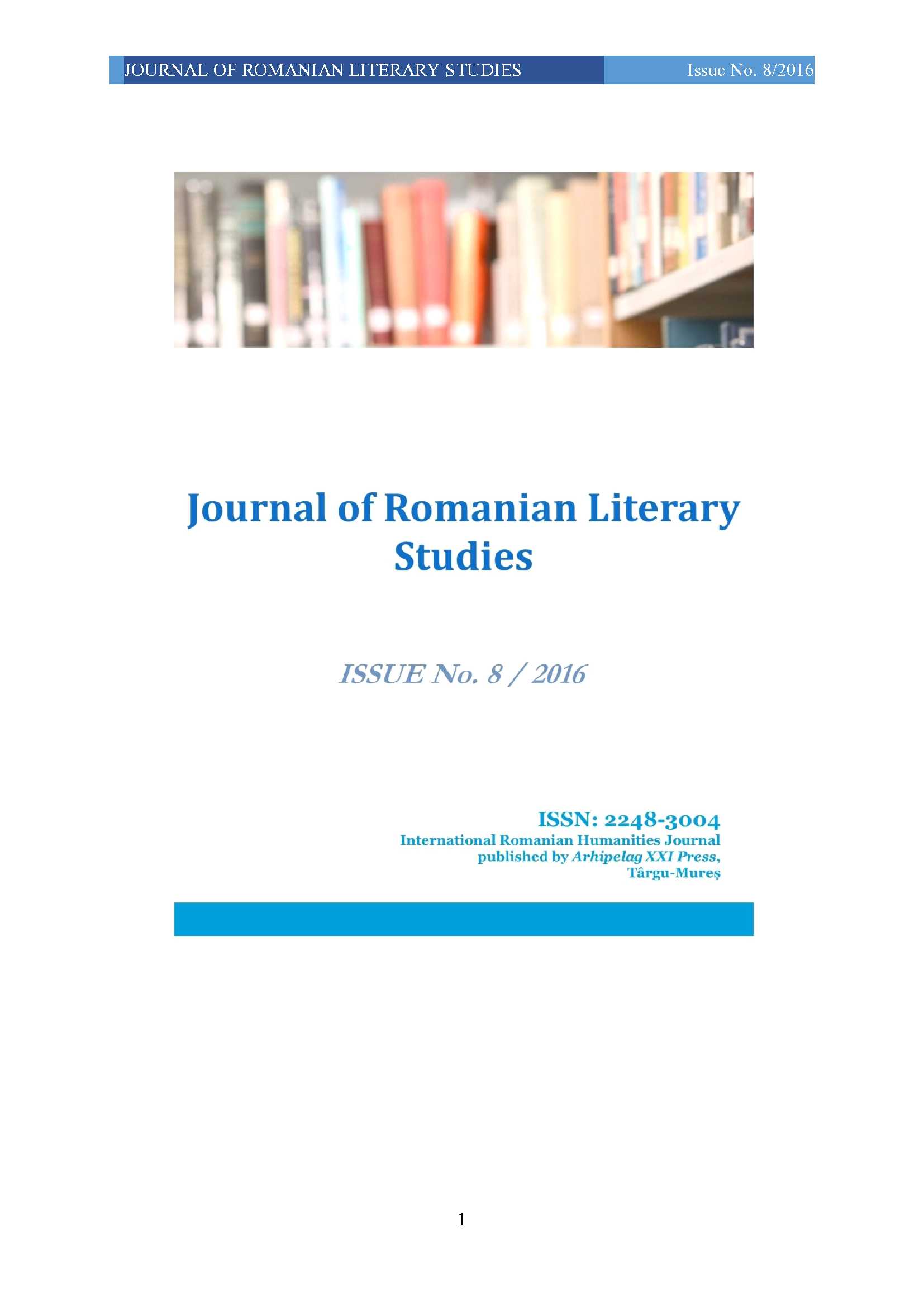
Keywords: cognitive function; mimesis; Realism; Modernism; fiction
The article emphasizes the relationship between literary works and their attempt to content the truth. Over time it turned out that fiction can not embrace the truth in the strict sense offered by logicians, but it is not completely devoid of truth, just as it is unique and available only in fictional universe. Although the contact between the real world and fiction can not be removed, the literary discourse ability to refer to the real world is limited. Realism is the period in which literature assumes its cognitive function, its role is to enrich the knowledge offered by the external world.The reorientation towards mimethic theory is visible, also the attempt to reappraise the relation with the real world is very important. Later, in modernism, the art cognitive function will be preserved, but a considerable distance between external referent and language sign will appear. Gradually the knowledge becomes less controllable and the cognitive value of art involves the understanding of alternative worlds which are the results of litearary experiments
More...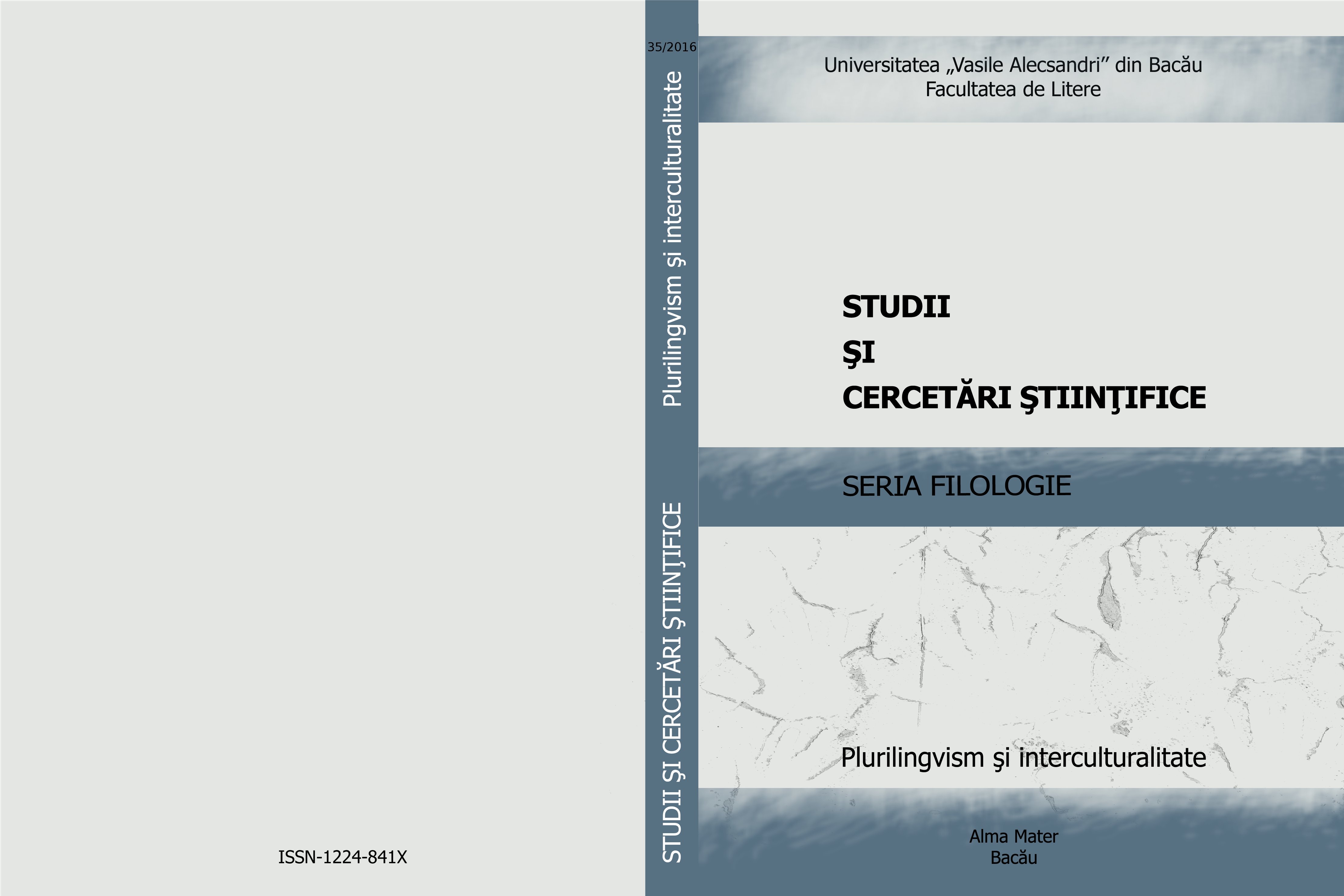
Keywords: lexis; sporting language; etymology; influence; sporting domain
Actually, sporting language is very in fashion due to the fact that it is used not only in media papers, but also in the online ones. There are many words borrowed in the Romanian vocabulary from the sporting domain. In our paper, our purpose is to bring into focus the manner in which the sporting language that has, especially, English etymology is going to reflect into Romanian lexis.
More...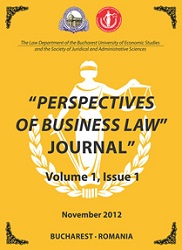
Keywords: suspension; activity interruption and/or the temporary activity reduction; crisis; employer; to reduce the loss
The economic and financial reasons determined by the current crisis have imposed to the Romanian legislator that, in the flexible regulatory context concerning the labour reports, has to intervene to reduce the loss. The legal framework available to the employer in this situation refers to the provisions of the art. 52, 1st paragraph, letter c, art.52, 3rd paragraph, art.53 and 122, 3rd paragraph, all from Law no. 40/20111, for Law no.53/2003 modification and amendment concerning the Labour code. Under conditions of economic crisis, it is natural that employers have the necessary means to efficiently organize their activity, meanwhile keeping its staff on these periods. This does not mean that, during the suspension period the employees can not resign, no need to terminate the suspension provided for in Article 52 line 3 of the Labour Code in order to intervene in the individual labor contract termination. From the employer’s perspective there is no ban imposed to him by art. 60 of the Labour Code in relation to this type of suspension, so that the latter may proceed to dismiss the employee during the unilateral suspension of his labor contract arranged under Article 52 line 3 of the Labour Code.
More...
Keywords: senior;digital games;new trends;educational games
Today, many seniors struggle with issues of isolation and depression, often times having no friends or family around, leading to declines in their mental abilities. Paper aims to eliminate these issues and stereotypes but with a digital twist: how to help seniors become fully functioning members of society and, create inter-generational play – helping grandparents bond with their grandchildren to create common interests – through the use of digital games. The goal is to raise awareness that digital games can improve the quality of life for seniors, improving cognitive skills, and providing social and emotional benefits while encouraging lifelong and continued learning.
More...Keywords: individual employment contract; clauses essential; clauses specific; items
This study aims to analyze the legal texts of the Labour Code which refers to the elements / clauses in individual employment contract and clarifying those that have been essential. Rules of the Labour Code which refer to the contents of the individual employment contract are not consistent. The texts of the Labour Code which refer to the essential and specific clauses in individual employment contract are art. 17 para. (1) - (3), art. 20 and art. 41-48. Also Order no. 64/2003 sets out the mandatory elements that must be included in the individual employment con tract, showing that through negotiation between the parties, the contract may include specific clauses under the law. The analysis is done in the light of the provisions of art. 1179 and art. 1185 of the Civil Code, as in common law. At the end of the study, we conclude that certain provisions were essential character to the conclusion of any individual employment contract, others result of the negotiation, have essential character only to the contracting parties, while certain clauses are essential for certain types of individual employment contracts. Finally, it is assessed and the consequences of lack of essential clauses and establish its content contrary to legal norms.
More...Keywords: mundus imaginali ; imaginal; Tradition Primordiale ; Centre sacré ; Vasile Lovinescu
On se propose d’analyser les composants de l’imaginal de Vasile Lovinescu, un ensemble de structures symboliques qui envisagent la réactivation de la Tradition Primordiale. Son imaginal exprime une vision du monde qui repose essentiellement sur le mythe et les symboles de la Tradition Primordiale et du Centre du monde. Vasile Lovinescu applique cette lecture symbolique à un monde situé en marge du réel, entre logique et irrationnel, entre sacré et profane
More...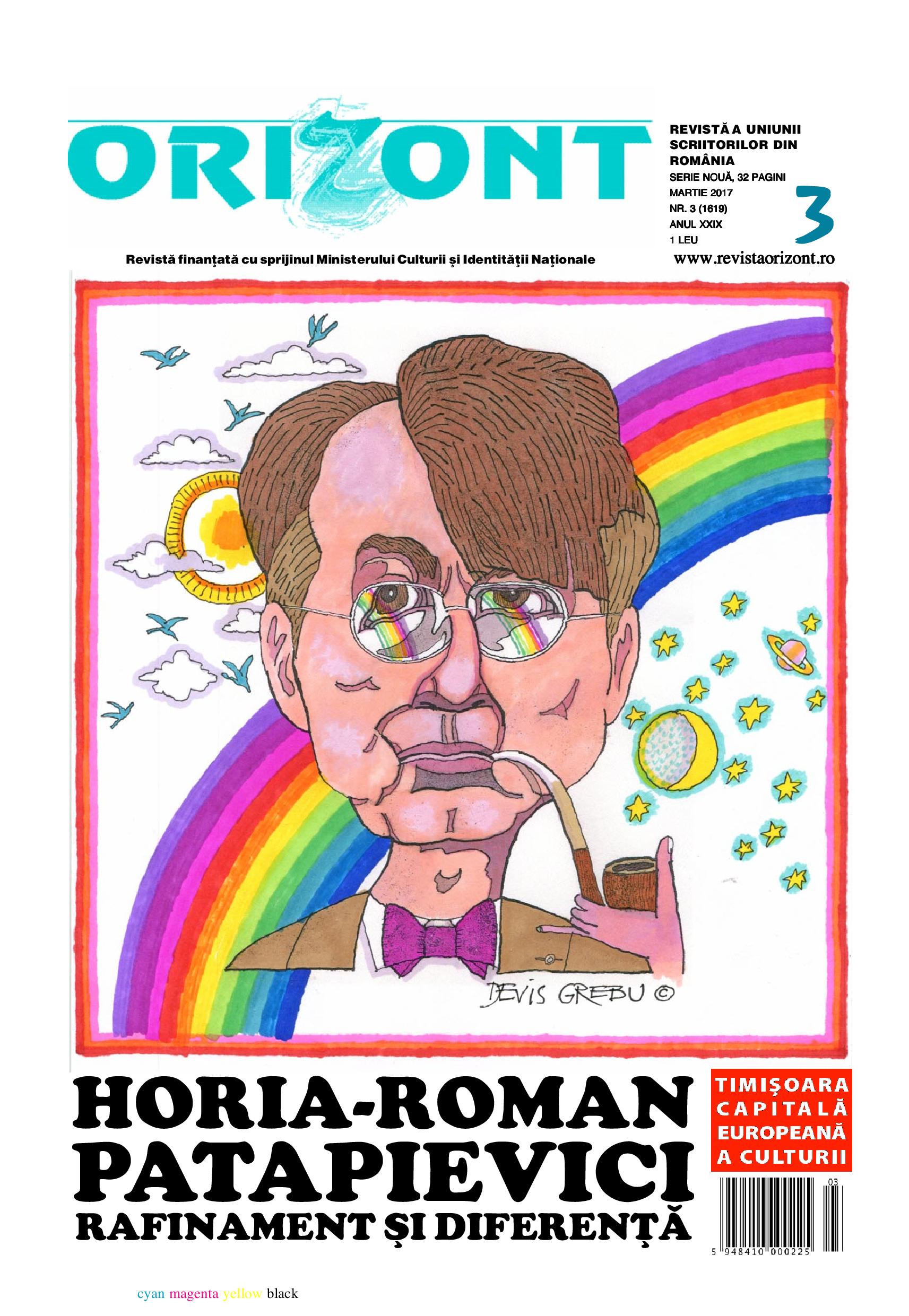
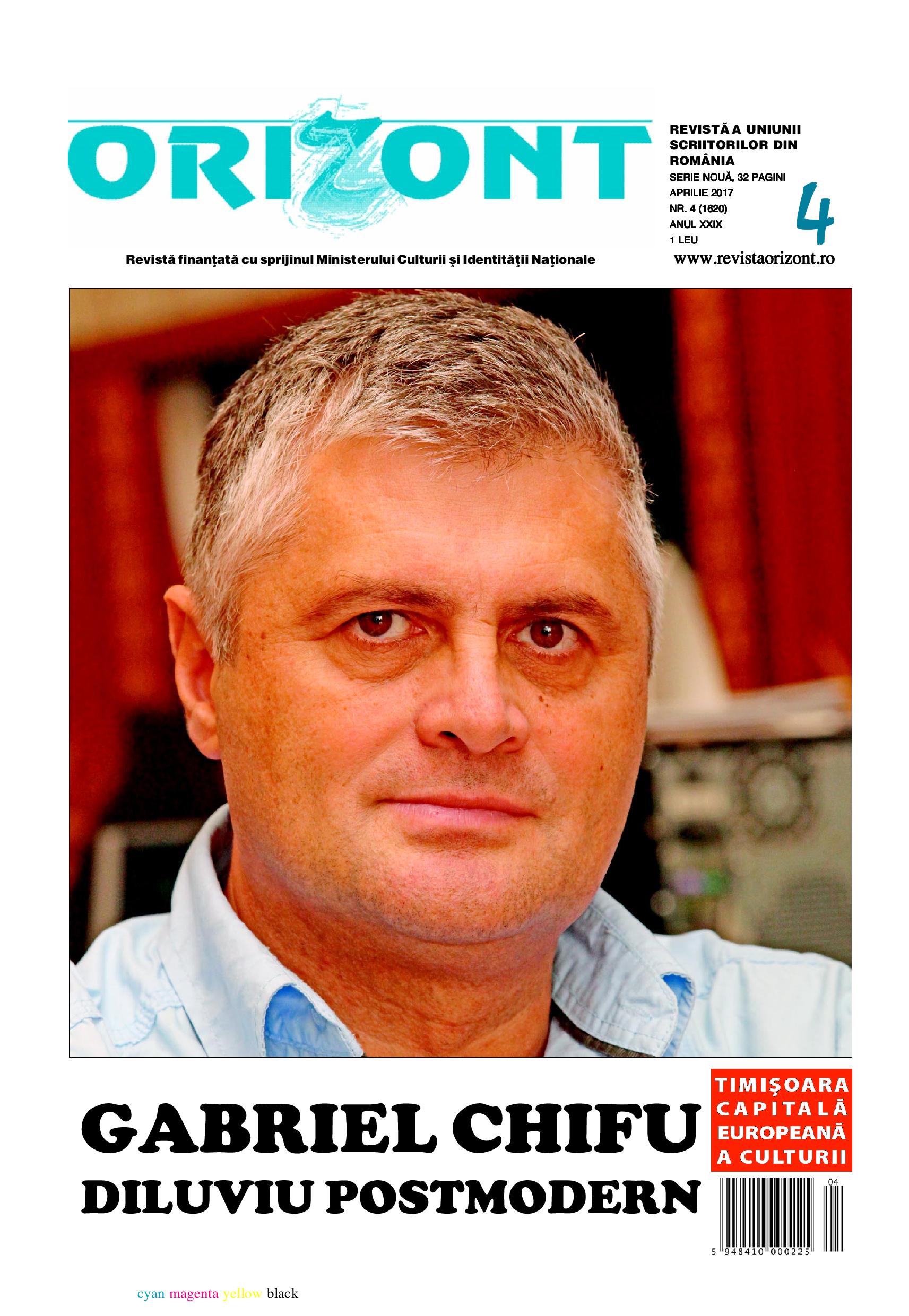
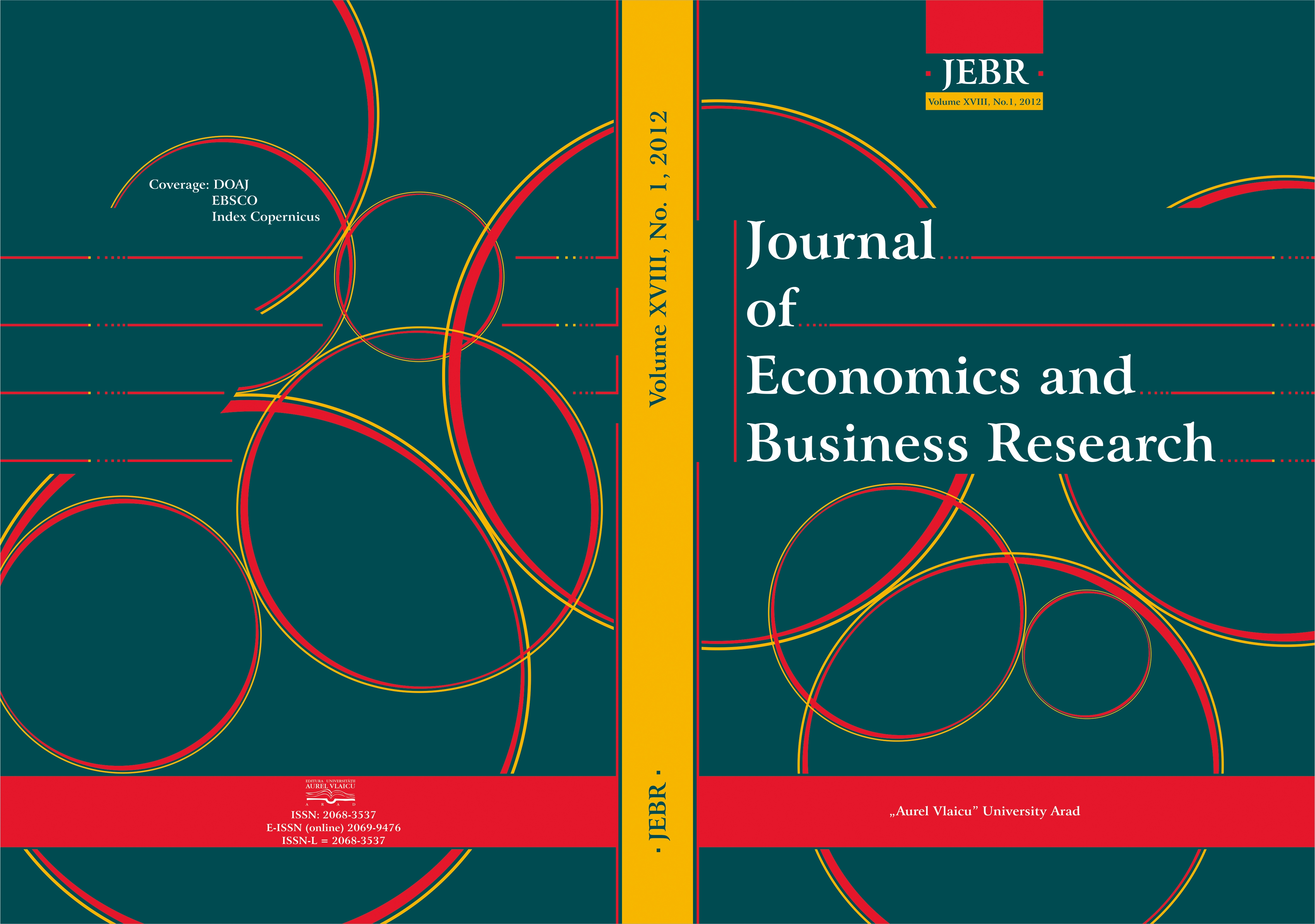
Keywords: globalization; Internet; economics; sociology
We are being influenced by the rush of economic and social forces. Internet is perhaps the most visible aspect of globalization and in many ways its driving force. The process of globalization can be understood as the global reach of communications technology and capital movements. The globalization of financial markets means that the movement of exchange rates, interest rates, and stock prices in various countries are intimately interconnected. From the social point of view, globalization is changing the nature of global social relations. The aim of this article is to demonstrate (in a few examples), how does Internet affect the process of globalization?
More...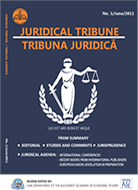
Keywords: employee; employer; privat life; monitor; labor law;
Recently, the European Court of Human Rights in the case Bărbulescu v. România has ruled that the national courts did not ensure respect for the right to privacy in the employment relationship of an employee who had been disciplinary dismissed for using the internet and an IT application in the personal interest during the working hours, dismissal which was based on evidence obtained after the employer had monitored the employee’s electronic communications. The Court concluded that the national courts failed to strike afair balance between the employee’s right to private life at the workplace and the employer’s right to supervise and control the work of his employees. Thus, the Court found a violation of Article 8 of the European Convention of Human Rights. In its decision, the Court specified the criteria to be applied by the national authorities in order to achieve a balance between the rights of the two parties (employee-employers). The herein study aims to briefly analyze the case and to establish the concrete elements that employers should consider if they intend to monitor their employees in order not to violate their right to private life at the workplace of the latter.
More...
Keywords: employment contract; the professional foster carer; Labor Code of Romania; labor law;
This paper assesses certain aspects regarding the establishment of the employment contract for the professional foster carer from the perspective of internal and international norms, legal practice (internal, ECHR, CJEU), which characterize this type of employment contract for the purpose regulation there of, namely the requirements and needs of children in foster care. The legal framework on the exercise of the foster carer profession stipulated by Government Decision (GD) 679/20032 brings into effect the provision of art. 62, section1, let. b of Law no. 272/20043 on the protection and promotion of the rights of the child. In the following, we shall identify the non-exhaustive particularities of the employment contract for the professional foster carer that justifies the classification there of within the special employment contract category.
More...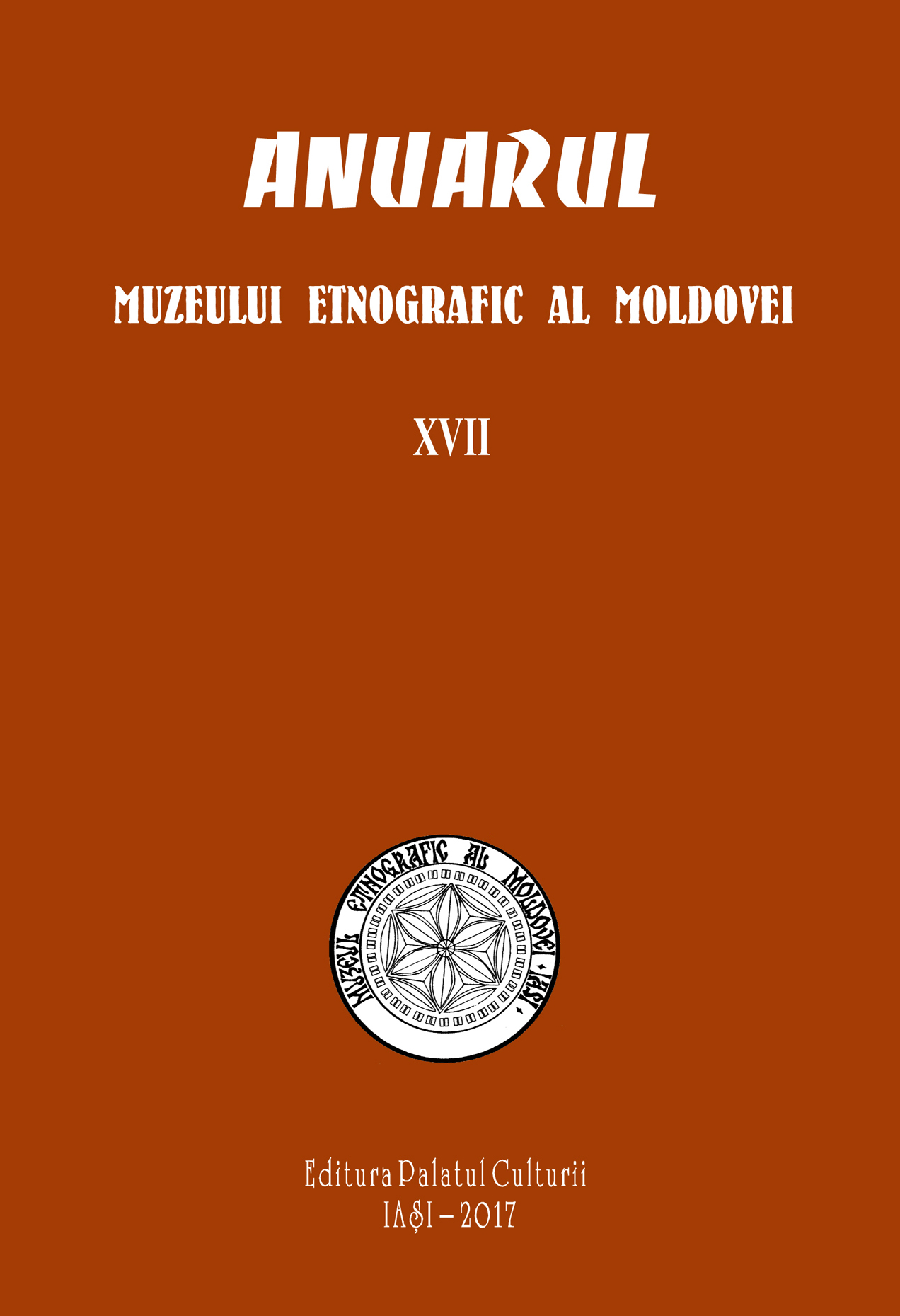
Keywords: magic beliefs; construction rites; sacrifice; spirit of the place; superstition
After having found the right place for a home, villagers from Moldova start building a new house by paying attention to various magic implications; the day of the week when work starts, the phase of the moon, the stones and the wood they use for the construction are treated as keys to future life. The article presents and analyzes suggestive information from the Folklore Archive of Moldova and Bukovina, collected between 1970 and present day. The ancient immolation of humans in buildings left important traces in the collective mind of rural communities and data on the shadow as a substitute for the walled-up person is discussed from a diachronic point of view.
More...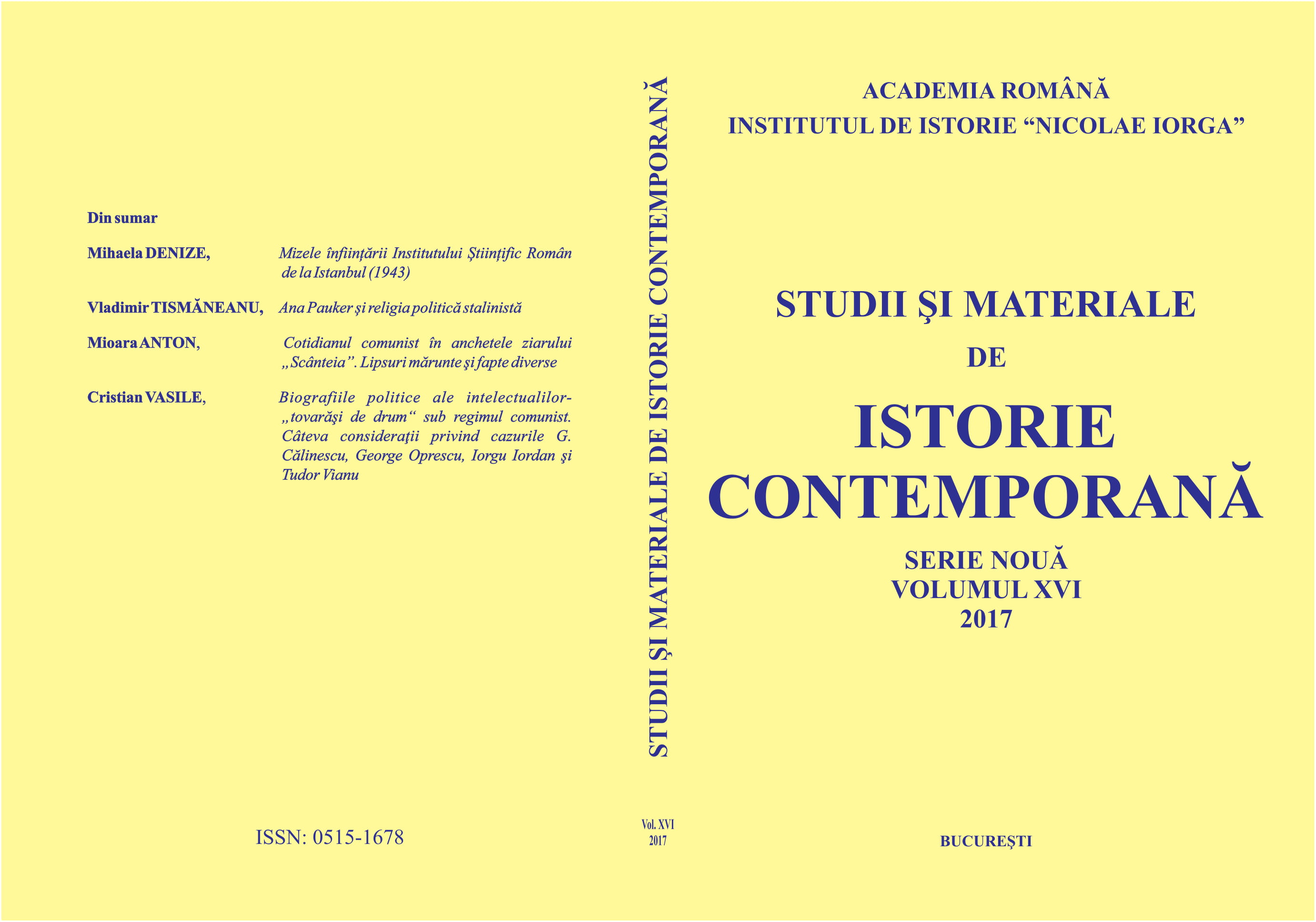
Keywords: Ana Pauker; Political Religion; Stalinism; Romanian Communism; Jewish identity
Thanks to the Comintern’s propaganda machine, Ana Pauker’s name became an international symbol of opposition to fascism. Until 1952 Ana Pauker – Passionaria of the Balkans, as she was called – played a paramount role in the history of Romanian communism. Ana Pauker’s downfall did not occur merely, or even primarily, because of Gheorghe Gheorghiu-Dej’s skillful maneuvering – as some Romanian novels published in the 1980s would have us believe – but foremost because of Joseph Stalin’s decision to initiate a major political purge in Romania. Ana Pauker embraced until the end the objectives of Stalinism as Political Religion.
More...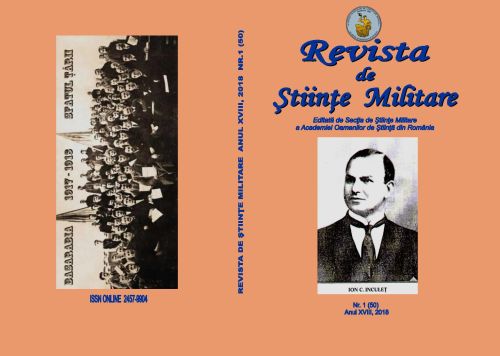
Keywords: Hybrid warfare; PSYOPs; psychological operations; psychological warfare; Strategic mindwar; transpersonal warfare; Psycho-Informational Distal Influence
In the future there will be no wars similar to those of the past, but a new kind of war, the Hybrid Warfare, which is different from the others, since its internal elements are based on principles that have seriously changed as compared to the previous ones. These are extensive wars, virtually encompassing all fields: political, economic, social, cultural, military and mental. Under the current geopolitical and military circumstances, soldiers are subjected to intense stress, emotional engramatic conditioning and dysfunctions, with consequences on the psychological balance, on the health status. These psychological features can be influenced by both classical, conventional and by Mind Control type of methods. Currently, in different armies, influencing the human psyche has become a true “weapon” therefore in the present article we show that concepts such as PSYOP (Psychological Operations), the MindWar (Psychological Warfare) with their extensions Strategic MindWar and Transcendent Warfare are manifestations of the Psycho-Informational Distal Influence (PsiDI) in accordance with the cybernetic theory of quantum consciousness, , and we describe this as a possible offensive-defensive weapon. We will show you the place and role of Psycho-Informational Distal Influence (PsiDI) in Romanian armed forces, we will provide a clearly defined organizational structure, and we will suggest its integration into Joint Military Operations for Crisis Response, as a means of resilience to the hybrid actions of a potential enemy.
More...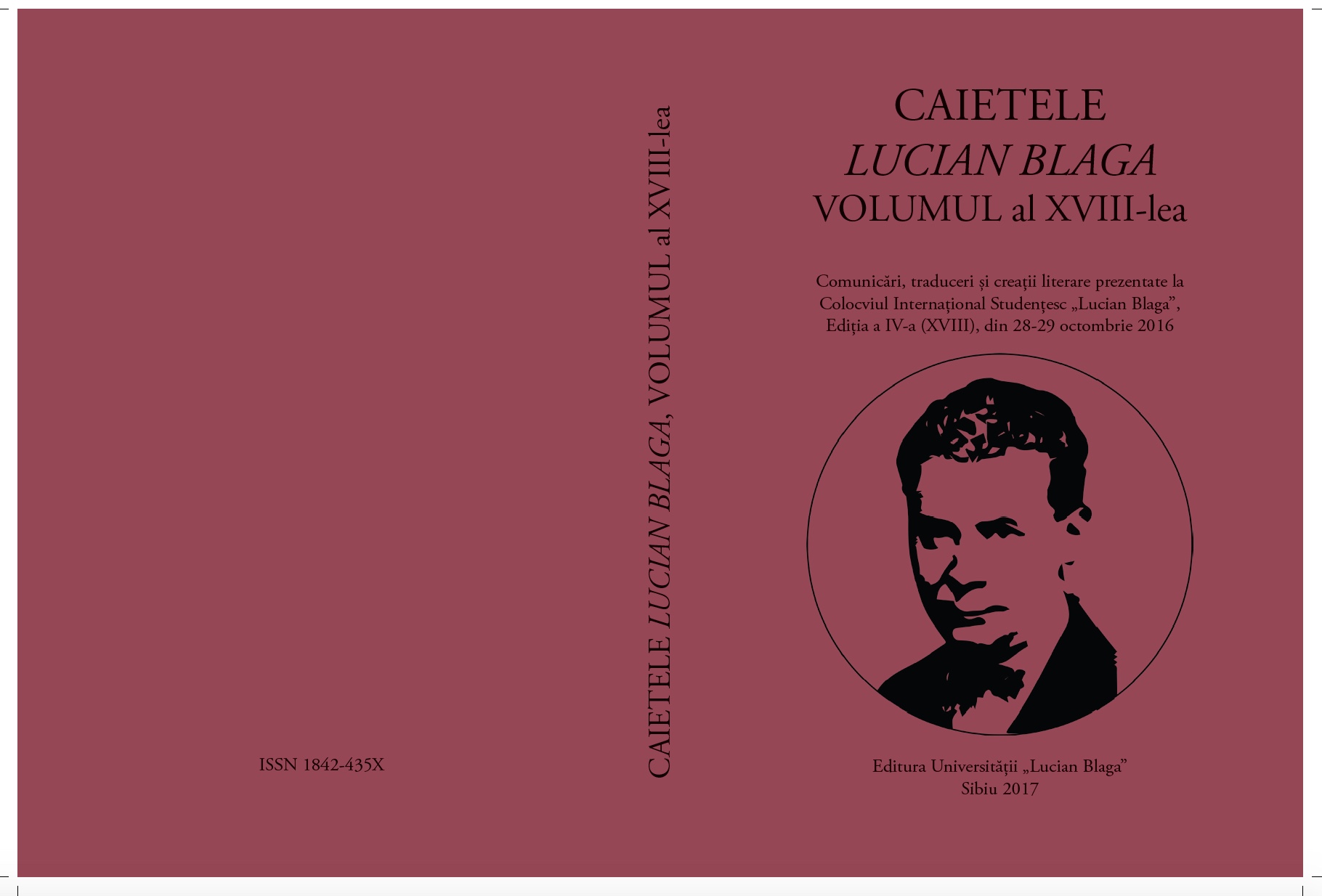
Keywords: dictum;poiesis;lucian blaga;creation;constantin brancusi
Both Lucian Blaga and Constantin Brâncuși offer through their dictums o vision which is centered on their works. We can identify in both cases a ludic tendency of perceiving their creations. The game has an important role in establishing the nearness between the reader or spectator and the work or sculpture. As far as Blaga is concerned, the creation, also known as poiesis, is the equivalent of all the arts that his work includes. For Constantin Brâncuși the creative process revolves around his art, the sculpture.
More...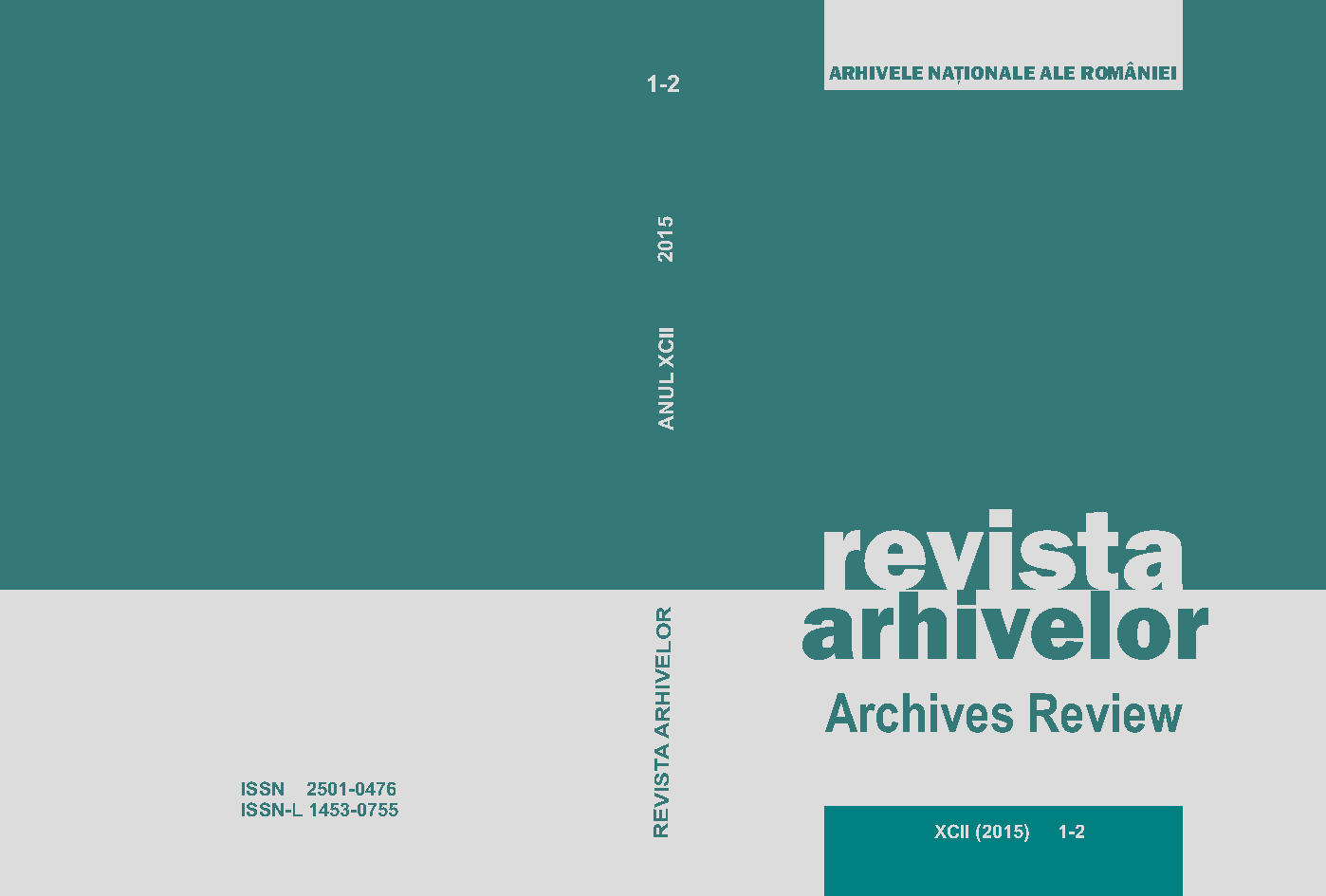
Keywords: European acquis; transposition of directive; national execution measures
The EU membership obliges each state to be responsible for the implementation of the Union law, i.e.transposition within the deadlines, harmonization and proper application within the national legal system.The directive is a binding legal act for the member states which it addresses with regard to the result to beachieved, while the national authorities remain competent regarding the form and means to obtain it.
More...